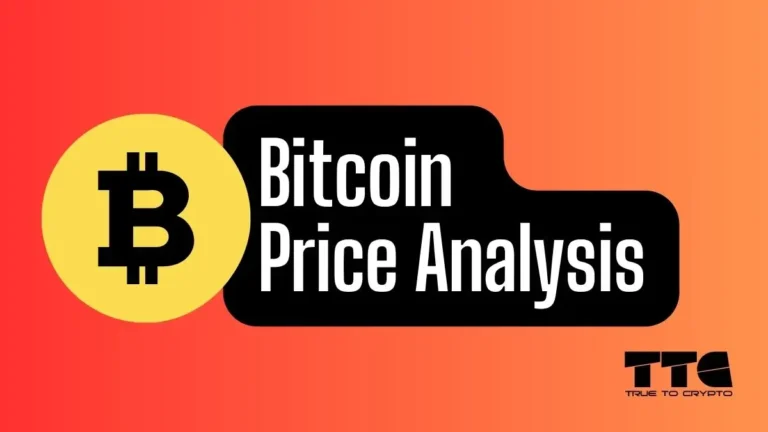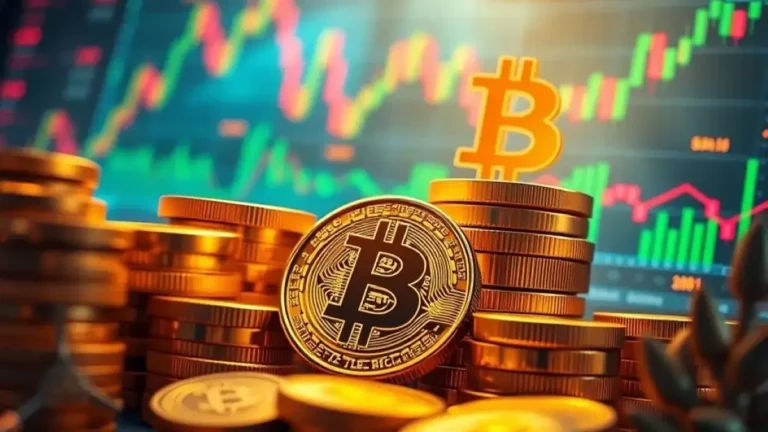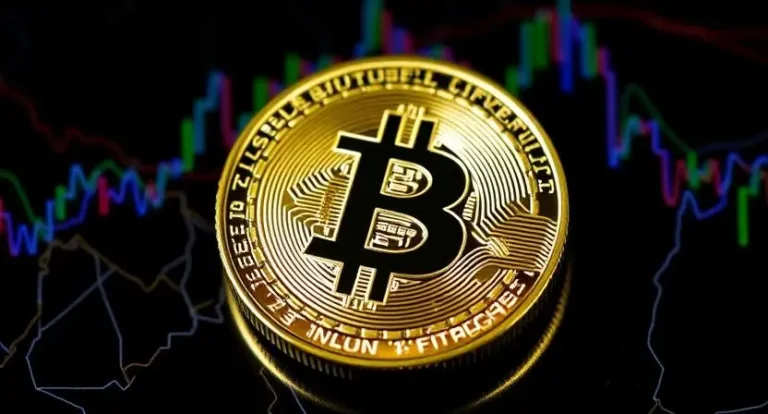A major Japanese real estate firm is breaking new ground in cryptocurrency adoption. Open House Group, a Tokyo Stock Exchange-listed company, that it now accepts XRP, Solana (SOL), and Dogecoin (DOGE) for property transactions. This expansion builds on its earlier acceptance of Bitcoin (BTC) and Ethereum (ETH), bringing the total number of supported cryptocurrencies to five. The move marks a significant step toward mainstreaming digital assets in high-value purchases, spotlighting Japan’s progressive stance on crypto integration.
Open House, Japan’s fifth-largest real estate company by revenue with annual sales hitting ¥1 trillion ($6.5 billion), aims to simplify global property deals. “We want to make it easier for customers worldwide to buy real estate in Japan,” the company stated in a press release translated from Japanese. Its “Open House Global” portal now supports crypto payments alongside multilingual services, including a newly launched Traditional Chinese site. This caters to international buyers eyeing properties in cities like Tokyo, Osaka, and Nagoya, spanning residential homes, offices, and condos.
The decision reflects growing demand for crypto transactions, fueled by regulatory clarity in Japan. Prime Minister Shigeru Ishiba has championed digital assets as key to national innovation, with the cabinet approving the Payment Services Act in early 2025 to regulate stablecoins and brokerages. Open House’s head of crypto initiatives, Yokiko Nishimura, has driven this shift since 2015, including sponsoring research on Bitcoin’s Lightning Network. The firm began accepting BTC and ETH in January 2025, and this latest expansion underscores its commitment to blockchain’s potential.
XRP, currently the fourth-largest cryptocurrency with a $138.4 billion market cap and trading at $2.38, leads the pack. Solana, ranked sixth at $66.1 billion and $130 per token, and Dogecoin, eighth at $24.9 billion and $0.168, follow. These assets join BTC and ETH as payment options across Open House’s services—acquisition, design, construction, sales, and management. The company converts crypto to yen immediately post-transaction to dodge volatility, leveraging blockchain’s speed for seamless cross-border settlements.
This isn’t just a local play. Emi Yoshikawa, former Ripple VP, hailed the move on X as a “major milestone” for crypto utility. XRP’s design for fast, low-cost transfers aligns with real estate’s need for efficient global payments, while SOL’s scalability and DOGE’s populist appeal broaden the appeal. In 2023, XRP saw a 42% surge in payment volume on BitPay, a crypto payment processor, hinting at its rising real-world use. Open House’s adoption could amplify this trend, potentially driving token values as more buyers opt in.
Japan’s crypto-friendly climate sets the stage. The country’s $8 trillion real estate sector could see ripple effects if competitors follow suit. Globally, firms like BitPay report crypto payments doubling yearly, with XRP and DOGE among top movers. Yet, challenges persist—market swings, legal complexities, and the need for Japanese-language contracts could slow adoption. Open House advises clients to comply with their home countries’ laws, a nod to the patchwork of global regulations.
The timing aligns with broader crypto momentum. On March 7, 2025, U.S. President Donald Trump hosted a White House Crypto Summit, pushing Bitcoin reserves—a signal of shifting attitudes. Japan’s own moves, like classifying crypto as financial products and eyeing a Bitcoin ETF, bolster Open House’s strategy. Still, skeptics note real estate’s illiquidity clashes with crypto’s 24/7 markets, and legacy title systems lag behind blockchain’s pace.
For buyers, the perks are clear: XRP settles in seconds with near-zero fees, SOL handles high volumes, and DOGE offers accessibility. Traditional bank transfers, often taking days and costing 3-5% in fees, pale in comparison. A Tokyo condo priced at ¥50 million ($325,000) could save thousands in overhead. Open House’s precedent might nudge other industries—retail, travel, finance—to test crypto waters, especially in Asia.
Will this spark a domino effect? If successful, Open House could turn property into a crypto adoption ramp, bridging decentralized finance with tangible assets. For now, it’s a bold bet on a future where homes are bought with coins, not just cash.
Disclaimer: TrueToCrypto.com (the “Website”) is for general informational purposes only and is obtained from independent sources that are believed to be reliable. However, TrueToCrypto.com, its owners, affiliates, officers, employees, and agents (collectively, “We,” “Us,” or “Our”) make no representations or warranties, express or implied, as to the accuracy, completeness, timeliness, reliability, or suitability of the information contained on or accessed through this Website. Further read Disclaimer.








